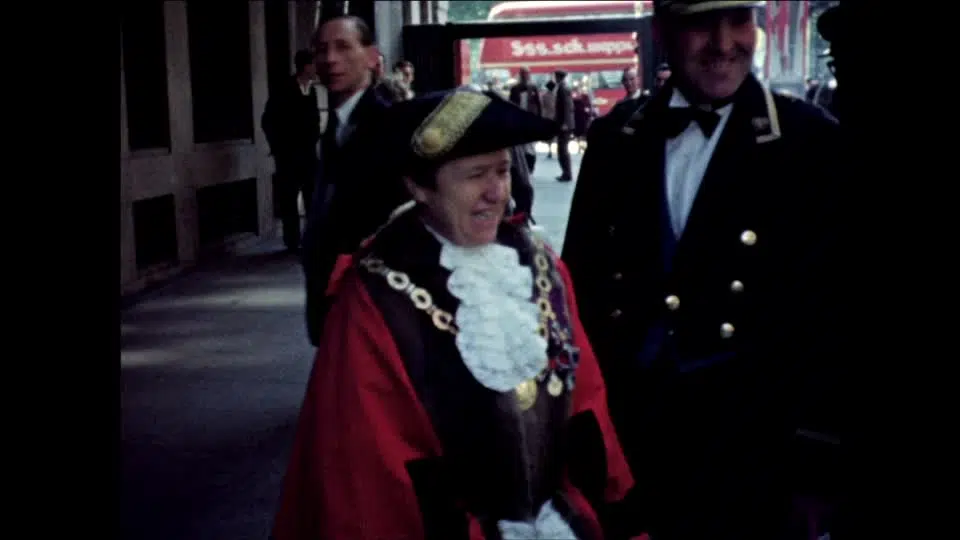
Charlotte Whitton would not have been pleased with women in politics forum
I’M GOING TO TAKE ON a subject this week that, for an opinion writer, is fraught with peril and affords an even higher degree of risk when said writer is male, white and supposedly privileged. So let me cautiously begin by introducing you to a trailblazing politician of the 50s and 60s who once said, “Whatever women do they must do twice as well as men to be thought half as good. Luckily, this is not difficult”.
As a teenager living in Ottawa in the 60s, I considered her my first introduction to politics, or at least the first politician I actually became aware of and remembered. As such, I thought women in politics were normal.
Her name was Charlotte Whitton and she was Mayor of Ottawa between 1951-1956 and again in 1960. She was the first female mayor of a major Canadian city and the second ever in Canada. This was in an era of Father Knows Best, Make Room for Daddy and the Honeymooners, and unbeknownst to me, she represented a political and social breakthrough thought — at the time — to be near impossible.
Ms. Whitton, a graduate of Queens University and first female editor of the Queens Journal newspaper was not shy, held strong opinions on many subjects, had an incredible wit, was the founding director of the Canadian Council on Child Welfare and a sometimes outspoken member of the Progressive Conservative party.


